Scientists are preparing to once again study the notorious asteroid Apophis as it sets to pass incredibly close to Earth in 2029.
Apophis is well known among both amateur and professional astronomers, as the asteroid has been said to be a very dangerous rock that could eventually hit Earth.
The Remarkable Discovery of Apophis
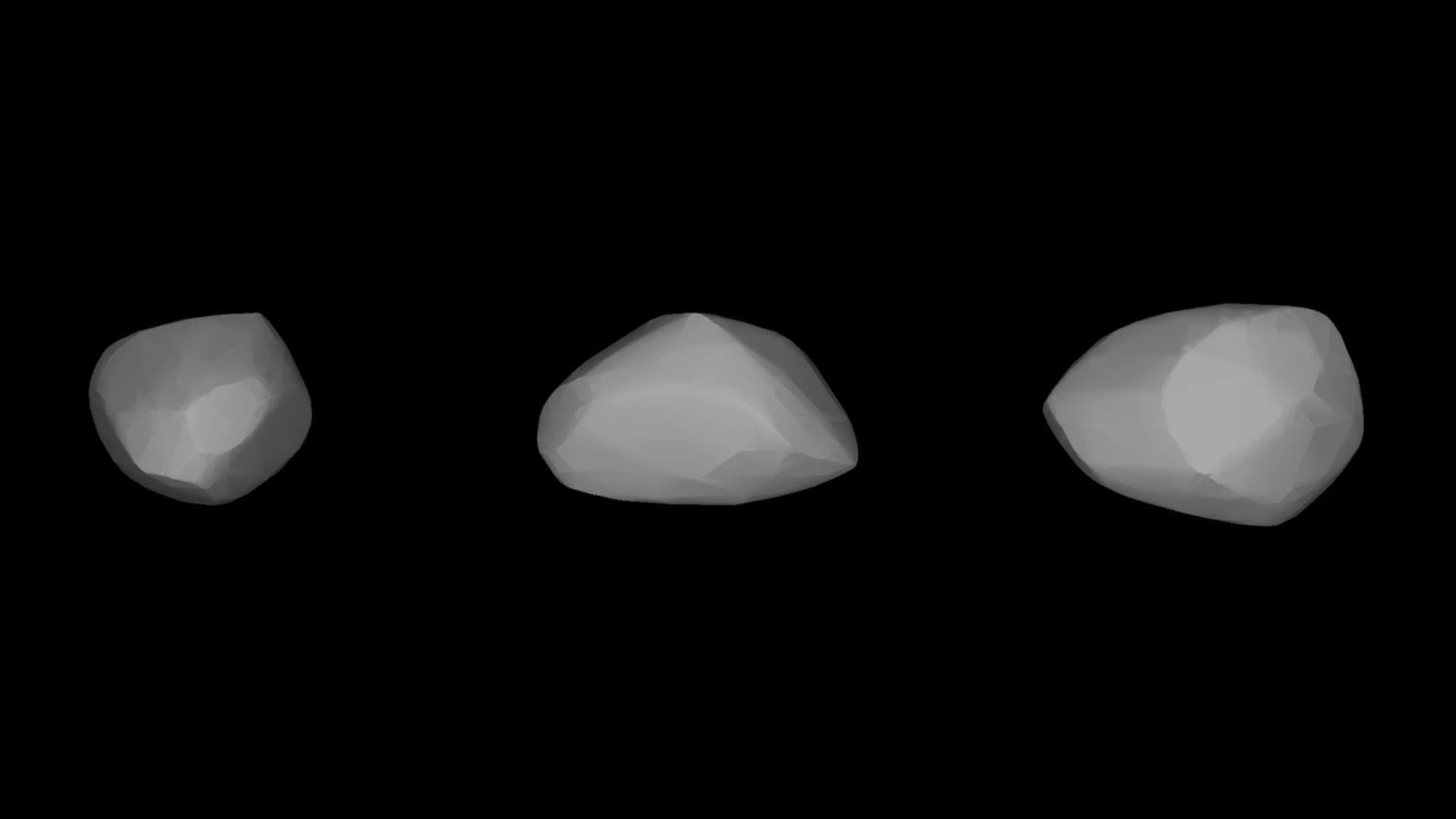
Apophis was first discovered by scientists two decades ago. Upon this remarkable finding, astronomers realized that this space rock could pose a massive threat to Earth, thanks to its orbit.
Eventually, in the future, this asteroid could end up smashing into Earth — which could be catastrophic, to say the least.
The God of Disorder
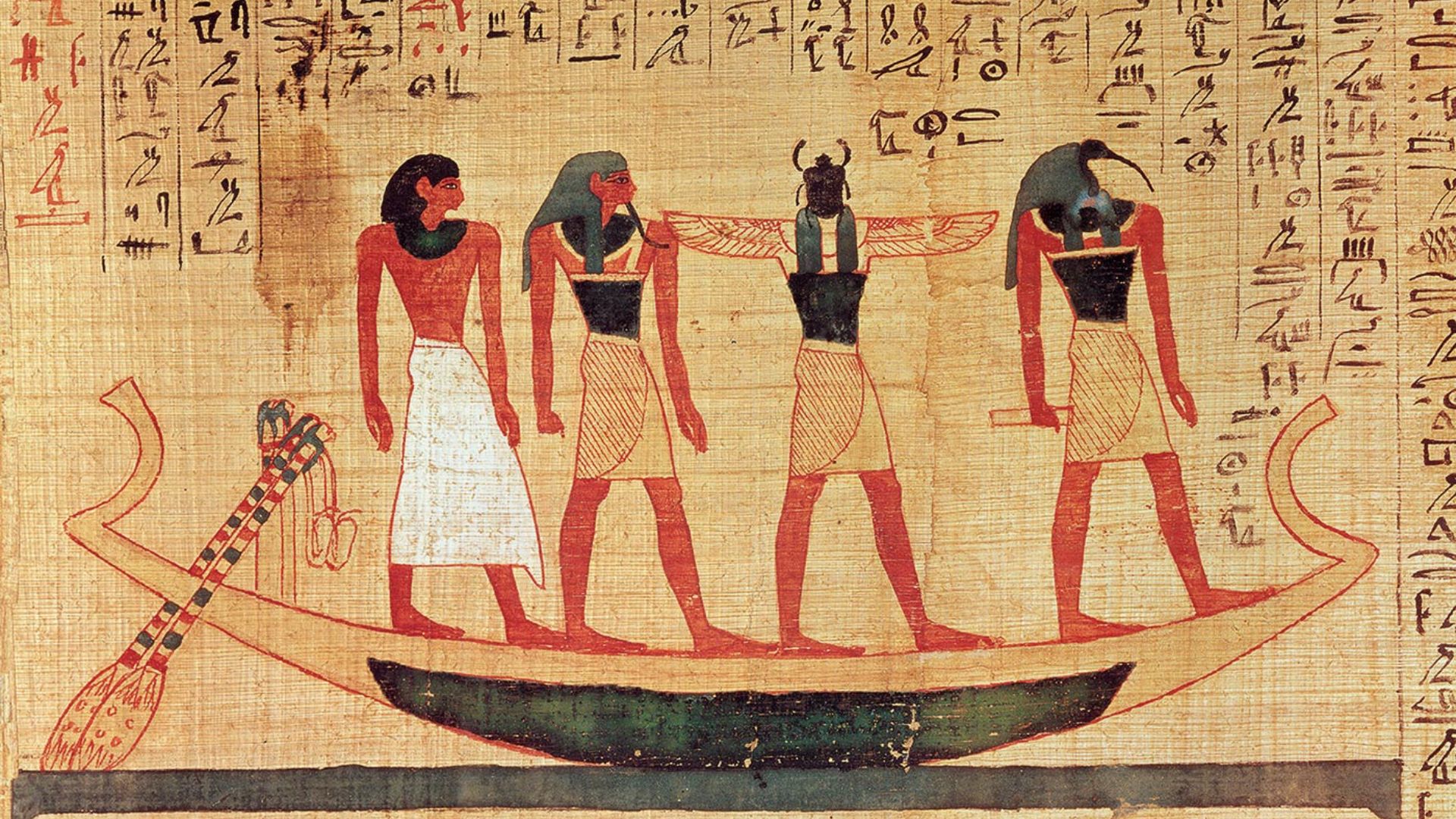
Because of how dangerous this asteroid is thought to be, scientists named it Apophis after the Egyptian god of disorder, a demon serpent that also personified chaos and evil.
As a result of this discovery and subsequent naming, Apophis has become quite notorious in scientific communities, especially as it gets closer to Earth with each passing.
Will Apophis Hit Earth?
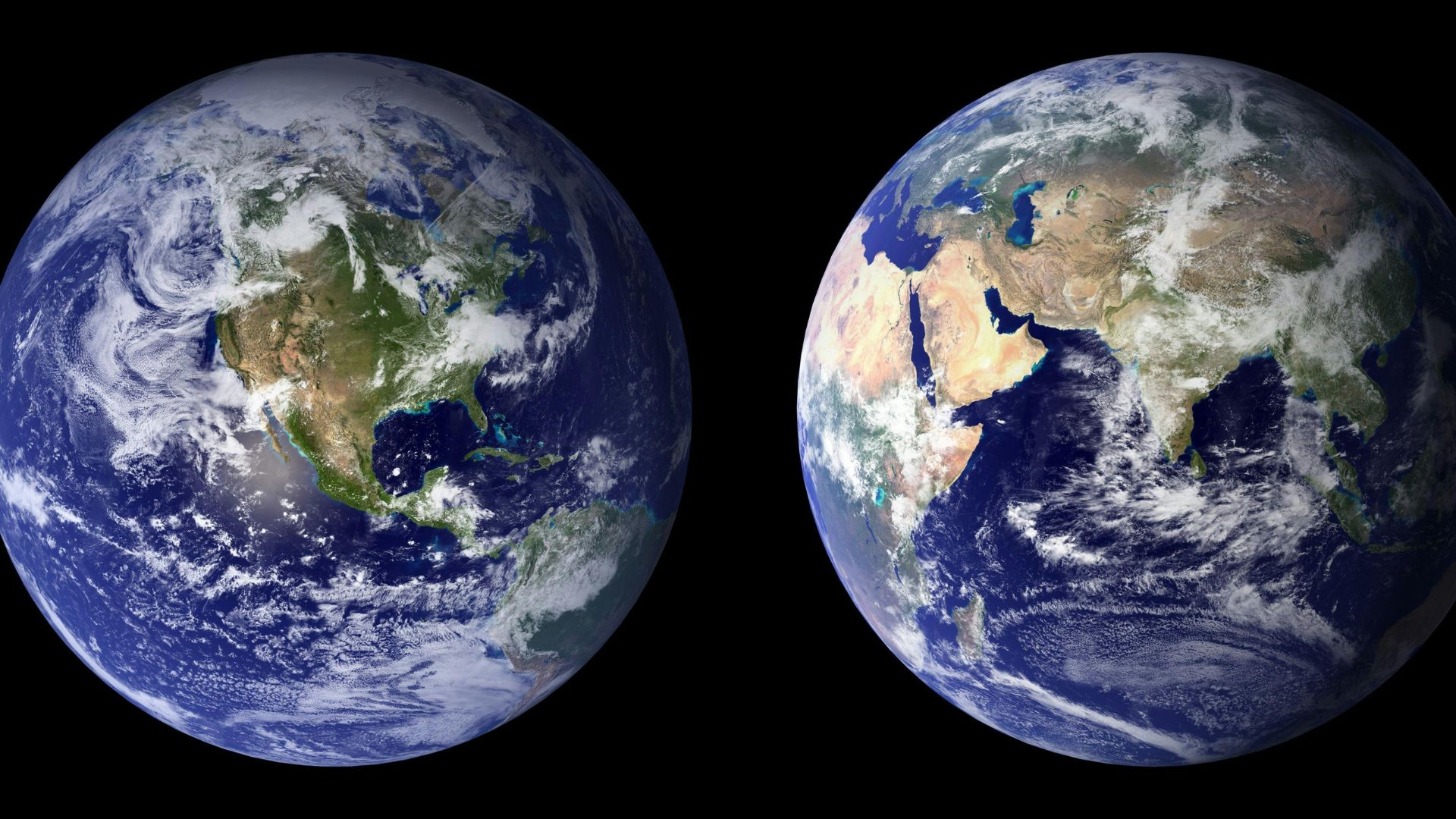
When scientists first discovered Apophis, they were certain that the asteroid would likely create many challenges to Earth — and could even hit the planet in the near future.
However, recent studies of the space rock have helped astronomers realize that Apophis will hit Earth, but not anytime soon. At the earliest, the rock may crash into the planet in the next 100-plus years.
Apophis’ Next Passing
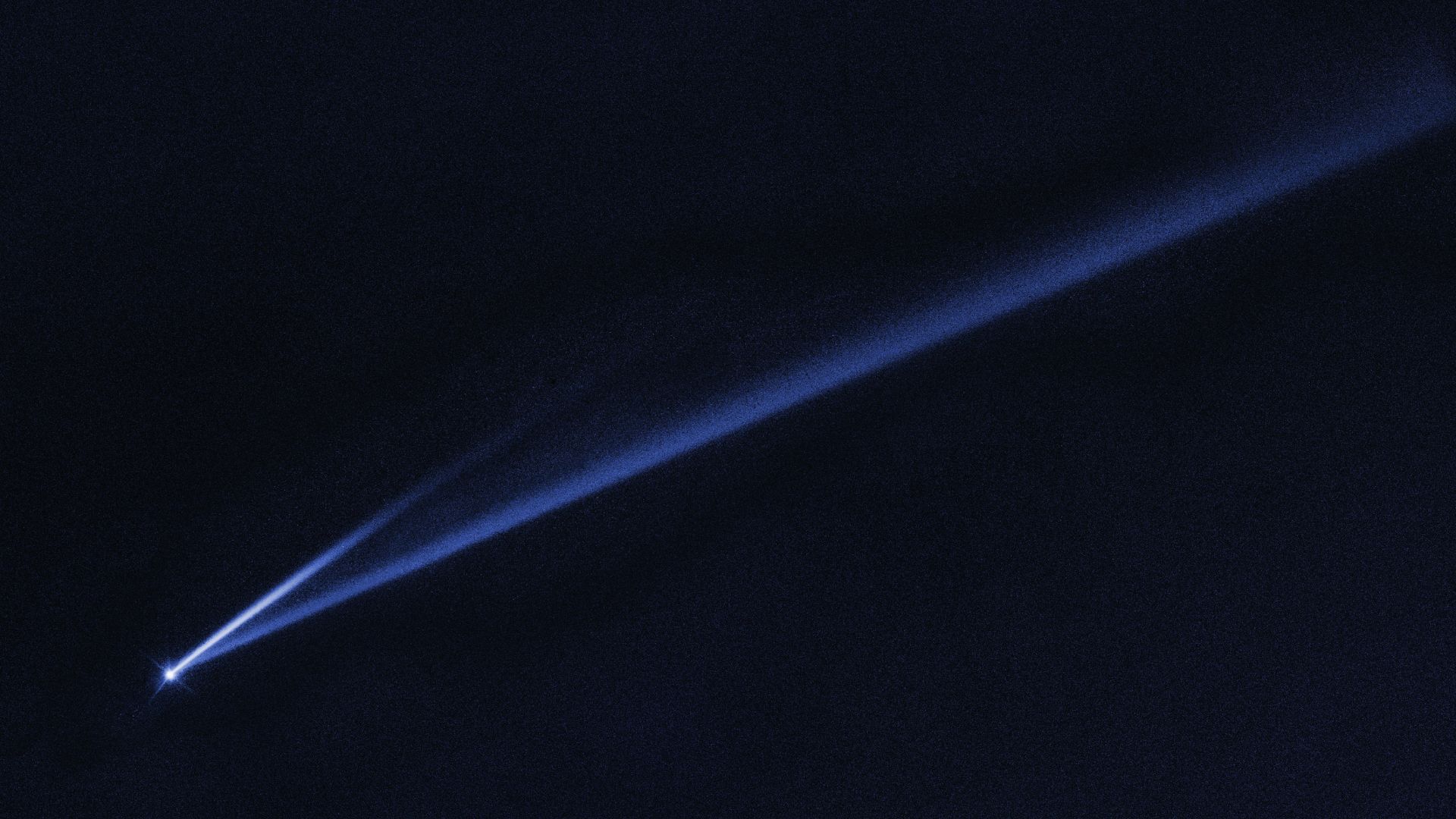
Apophis remains a very interesting asteroid to scientists. Many space rocks pass by the planet often. However, Apophis remains different, thanks to how close it’s getting to our planet.
This asteroid will next pass Earth in 2029, when Apophis ends up making its closest approach to the planet.
The Closest Asteroid to Earth
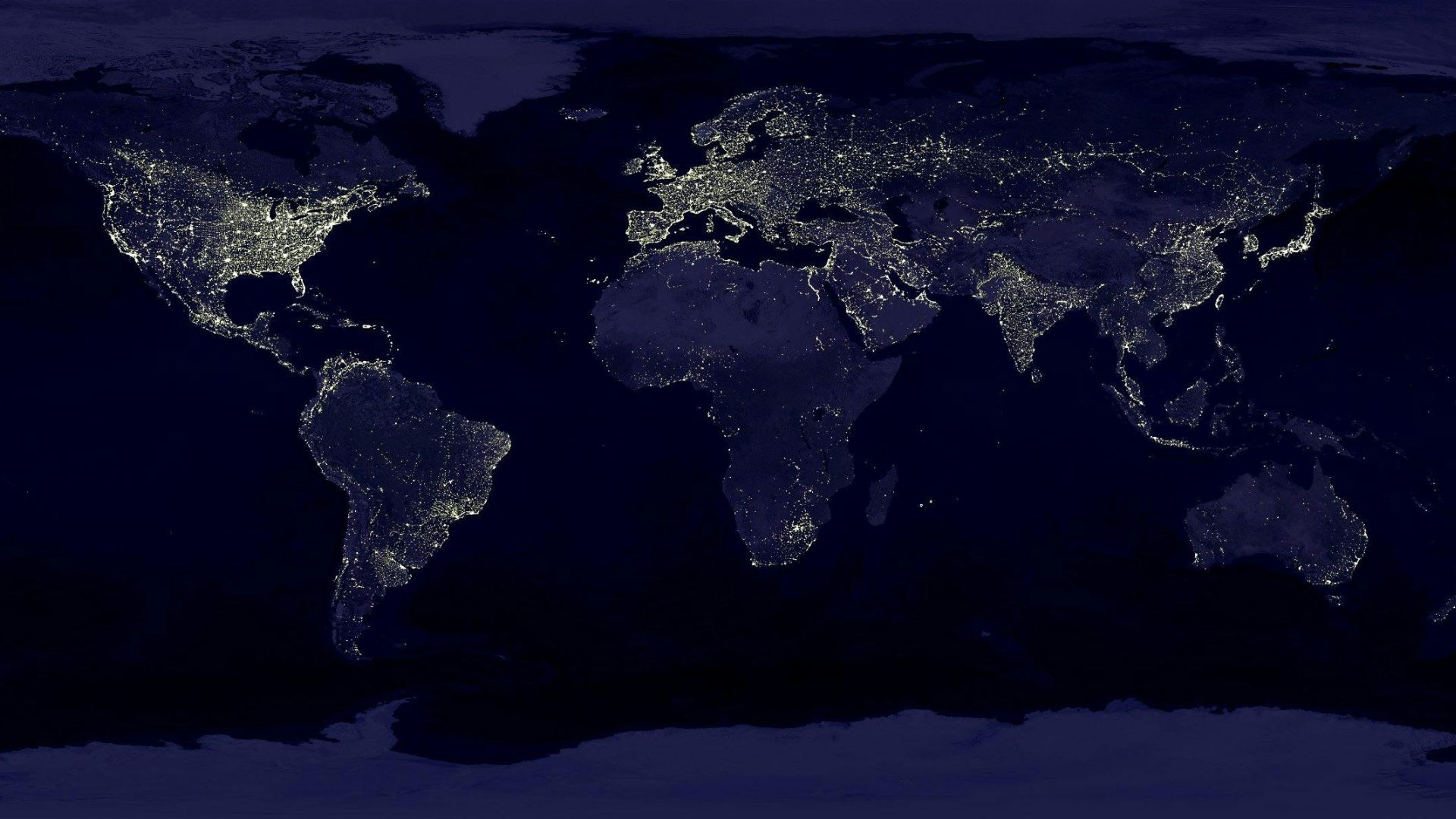
This event will also mark the first time an asteroid of this size has ever passed this close to Earth.
Apophis is set to fly by the planet 10 times closer than the moon, which will allow many people to possibly see it zooming by in the night sky. This nearness is closer to Earth than telecommunications satellites are in the geostationary orbit.
Earth’s Gravity Will Impact Apophis
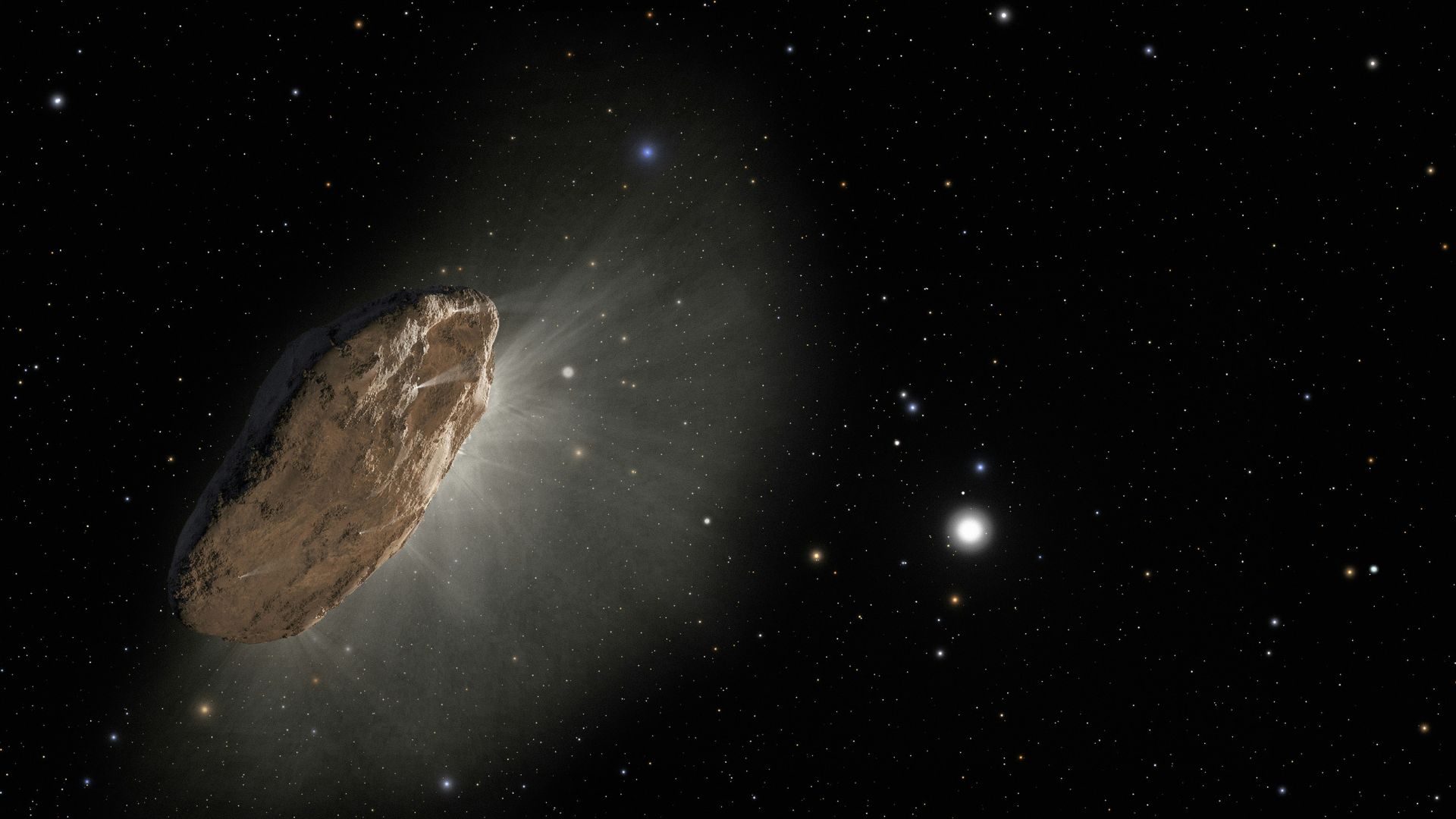
Even more worrying, Apophis will get so close to Earth that the planet’s gravity will greatly affect the asteroid.
This could cause the asteroid to be squeezed and even distorted by Earth’s gravity. One side of the rock may be pulled more towards the planet, while the other will not be affected. Apophis could even experience landslides and major quakes during this passing because of gravity.
Apophis Won’t Hit Earth

However, even with Earth’s gravity majorly affecting the rock, Apophis won’t end up hitting Earth at all. While the space rock is considered a very hazardous asteroid, recent studies have shed new light on its orbit.
As a result, astronomers have officially stated that Apophis poses no threat to Earth — for at least the next century.
A Catastrophic Event
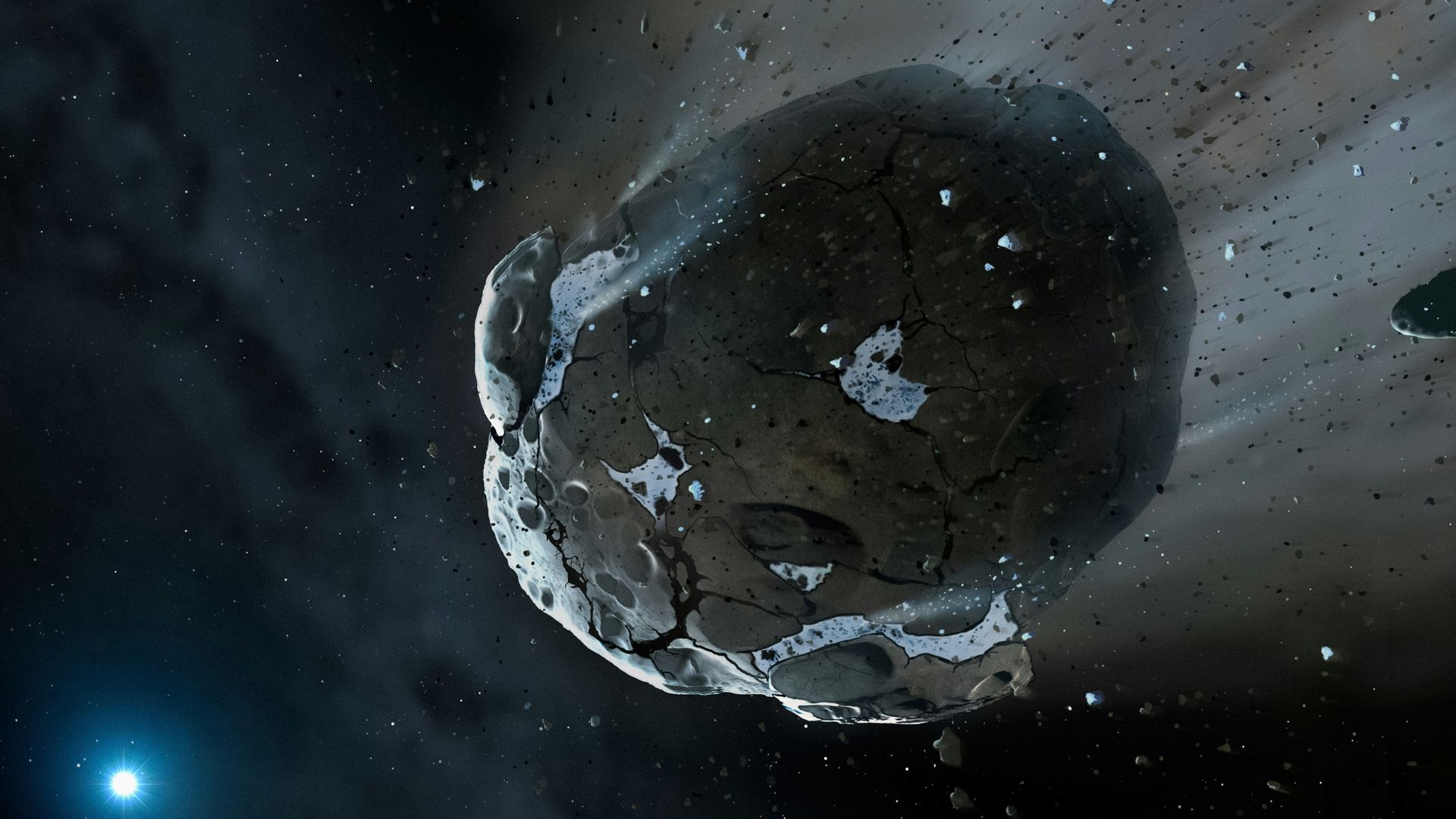
Apophis is a large asteroid that is about a quarter of a mile long. For example, astronomers have compared it to the size of a cruise ship. They’ve also compared it to the Empire State Building and five football fields.
Though this asteroid isn’t as big as the rock that caused the dinosaurs to become extinct millions of years ago, it could still lead to a catastrophic event if it were to hit the planet.
Like the Dropping of Hundreds of Nuclear Bombs

Scientists have further stated that if Apophis one day hits Earth, it would lead to widespread destruction, particularly in regions where it crashes.
This crash could equal the energy release seen if hundreds of nuclear bombs were dropped in one area.
Studying Apophis
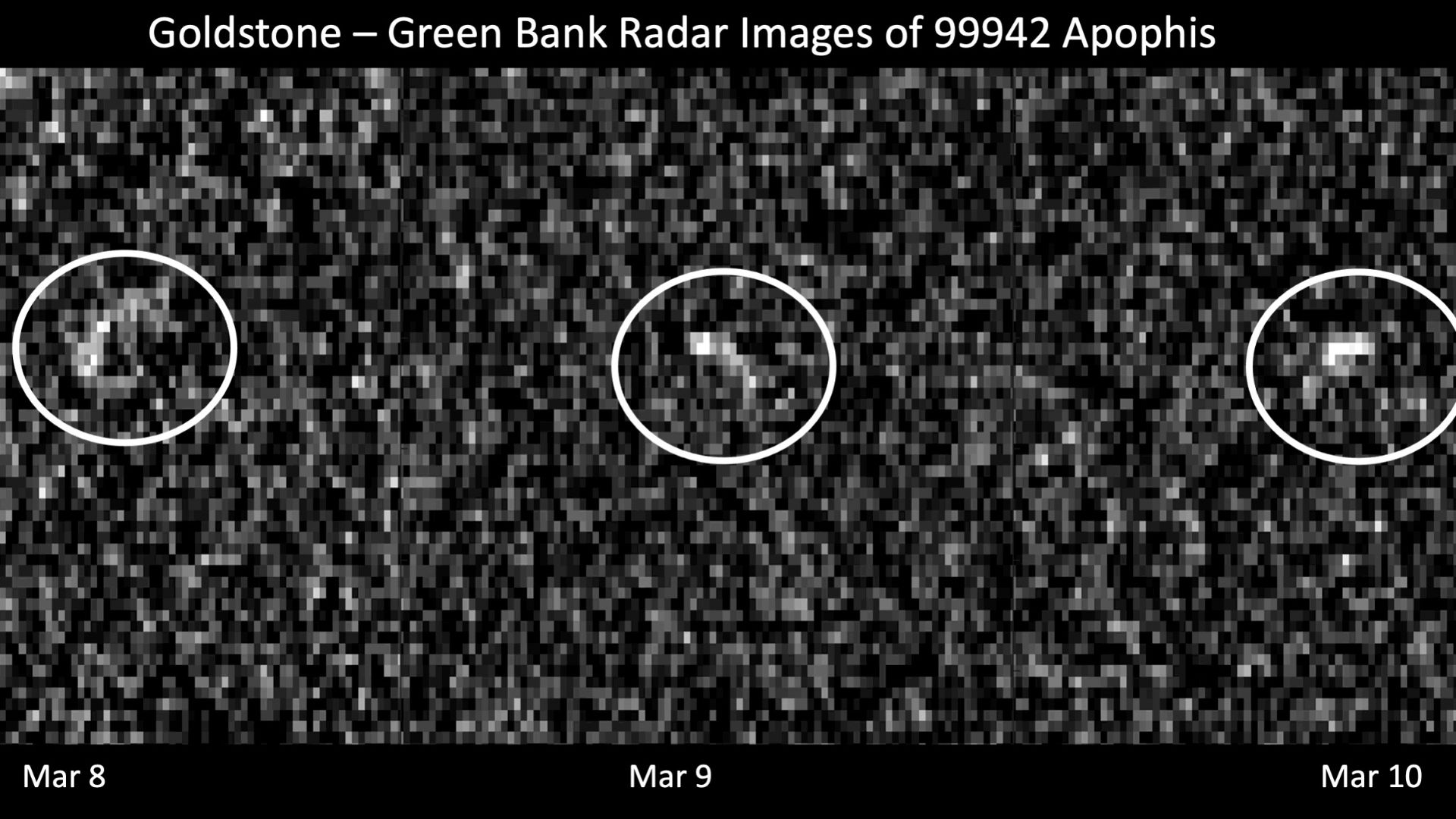
Now that Apophis only has a, at most, 2.7% chance of hitting Earth in 2029, astronomers have become thrilled at the chance to safely study the asteroid and its orbit.
Space agencies around the world — such as NASA and the ESA — hope to study this rare flyby with their strong telescopes.
Using Spacecraft to Study Apophis
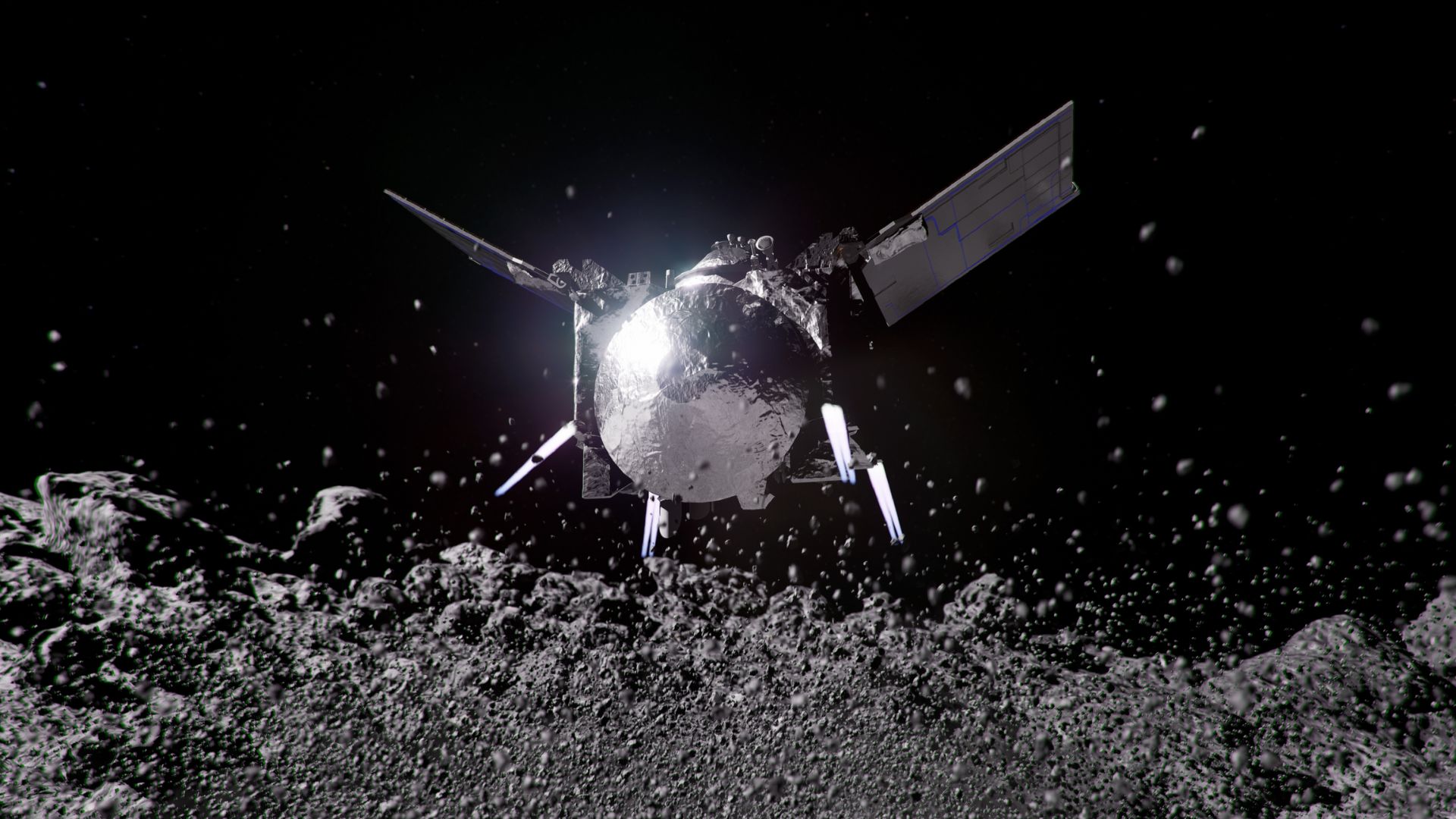
NASA is even looking to use spacecraft to further learn about this notorious asteroid. The agency’s OSIRIS-APophis EXplorer (OSIRIS-APEX) has been sent on a path that will allow it to get close to the asteroid when it nears in 2029.
Meanwhile, the ESA will launch Ramses, a spacecraft that will also cross paths with Apophis when it nears Earth.
